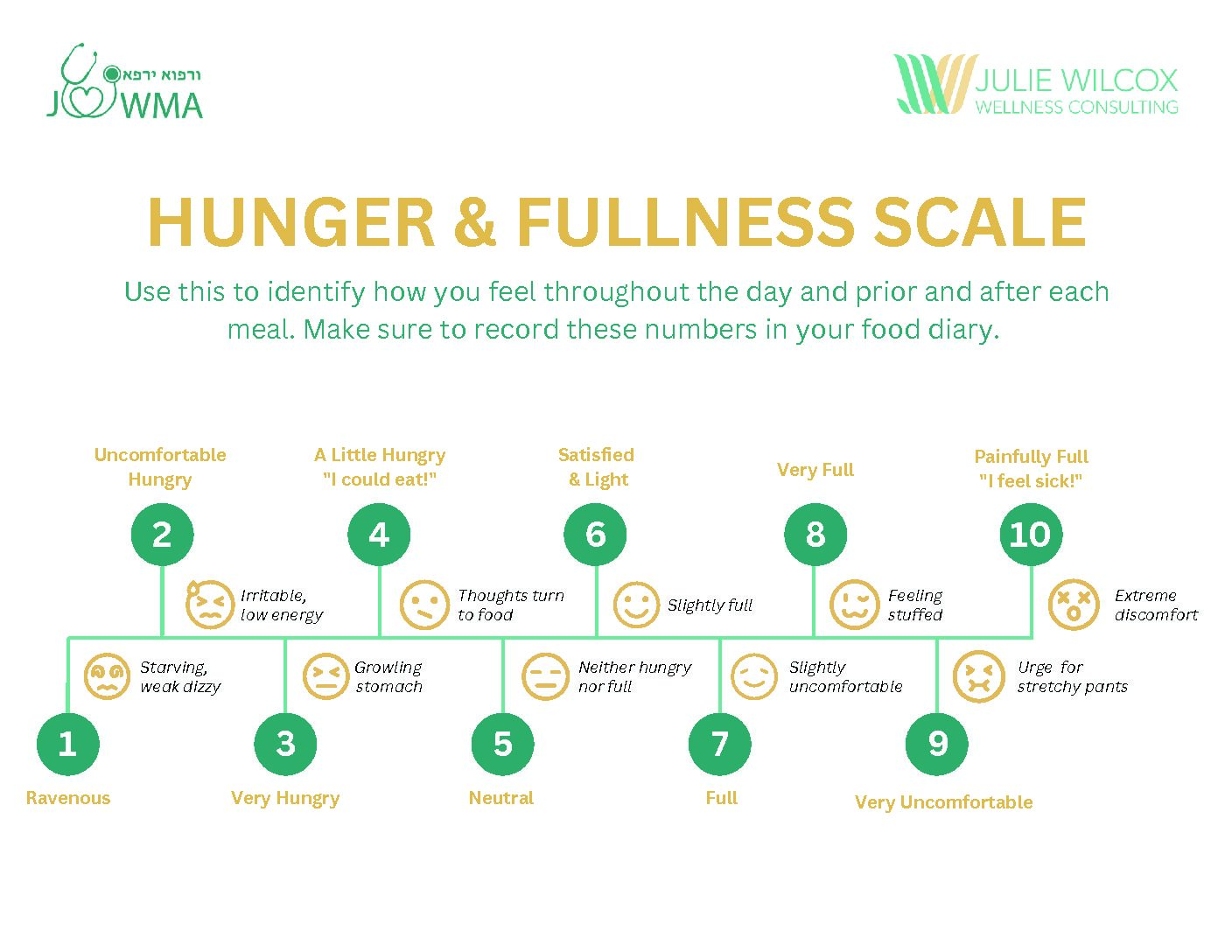Reflecting on my time working with a college intern this past summer, I was reminded of the days when I dined on campus and the prevalent mindset around eating and dieting. Some things don’t seem to change. Even today, over two decades later, maintaining a healthy diet at college remains a formidable challenge. Why is that? College campuses often create an environment where less-than-ideal eating habits can flourish. This is due to several factors:
- Students are mostly limited to the offerings of dining halls, fast-food joints, and convenient snacks.
- Schedules can be hectic due to classes, late nights out, and the demands of homework.
- Time and budget constraints often restrict students’ access to fresh, nourishing foods.
- Many students lack access to a kitchen for cooking and meal preparation.
As a result, students often resort to eating for convenience, consuming processed foods, disregarding their body’s natural rhythms, and indulging in excessive alcohol consumption.
However, maintaining a healthy diet on campus is far from hopeless. Here’s a list of simple tips to incorporate into your daily life, allowing you to stay mindful and in control of your food choices while still enjoying this unique experience:
- Prioritize Plant-Based Foods: Boost your consumption of fruits, vegetables, whole grains, nuts, seeds, legumes, and plant-based proteins. These foods tend to be rich in nutrients, fiber, and antioxidants, which support overall health. Reducing processed and animal-derived foods can improve the quality of your diet.
- Limit Problematic Foods: Consume processed cereals, sandwiches, pizza, bagels, chips, fried foods, and sugary coffee drinks once a week or less. Avoid sugar-sweetened beverages except on special occasions. These items often pack excess calories, added sugars, and unhealthy fats, which can lead to various health issues when consumed regularly.
- Avoid Late-Night Eating: Establish a strict cutoff time at 9 P.M. and adhere to it. Late-night eating is associated with poorer food choices, irregular eating patterns, and increased calorie consumption.
- Moderate Alcohol Intake: Abide by the recommended alcohol limits (less than 2 drinks a day for men and 1 for women) as outlined in the 2015-2020 Dietary Guidelines for Americans. Excessive alcohol consumption can have adverse effects on overall health and lead to poor food choices.
- Establish a Meal Routine: Create a meal plan and decide how many meals you’ll eat each day. Starting the day with breakfast can help regulate appetite and contribute to overall well-being.
- Watch Your Portions: Familiarize yourself with portion size guidelines to make balanced choices when serving your meals, which can help maintain a healthy lifestyle.
- Cook When Possible: If you have access to dorm kitchens, utilize them for home-cooked meals. Cooking your meals allows you to have better control over ingredients and preparation methods, leading to healthier choices.
- Listen to Your Body: Use the Hunger Fullness Scale to better understand your body’s signals of hunger and fullness. This practice can help you recognize genuine hunger and eat in response to your body’s needs, promoting well-being.
- Create a Relaxing Dining Atmosphere: Put away electronic devices and create a calming dining environment with elements like candles, soothing music, and good company. A stress-reducing atmosphere and socializing during meals can promote mindful eating and overall well-being.
- Chew Your Food Mindfully: Slow down and chew each bite around 20 times to savor your meals and aid digestion. Mindful eating encourages awareness of portion sizes and promotes satisfaction.
- Avoid Fad Diets: Focus on developing a personalized, healthy eating pattern that includes your favorite foods in moderate amounts. This approach prevents feelings of deprivation and supports long-term dietary adherence, essential for overall well-being.
- Follow Inspirational Accounts: Connect with nutrition and cooking accounts on social media that emphasize mindful, balanced, and nutritious eating. These accounts can serve as sources of inspiration and information, helping you make informed food choices and embrace a balanced, healthy lifestyle.
- Choose Dining Companions Wisely: Surrounding yourself with individuals who support your healthy eating habits can create a positive environment and reinforce your commitment to making nutritious choices.
- Combat Emotional Eating: If emotional eating is a challenge, consider strategies like getting enough sleep, removing tempting but nutrient-poor foods from your room, and using healthier alternatives to cope with emotional triggers. Emotional eating can have adverse effects on overall well-being.
By following these tips, you can navigate the challenges of maintaining a healthy diet on campus and enjoy a well-balanced lifestyle during your college years.




